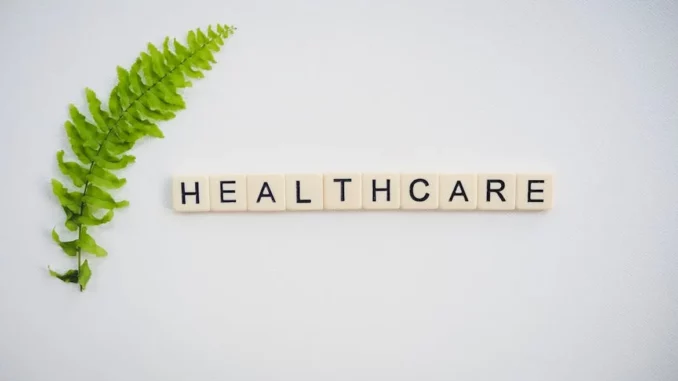
As I engaged in conversation with Dr. Sarah Mitchell, a distinguished educator at Edith Cowan University (ECU), the enthusiasm in her voice was undeniable. The recent announcement of a strategic alliance between Philips and ECU to enhance clinical ultrasound training signifies a landmark achievement, not only for the institution but also for the future of healthcare professionals in Australia and beyond. Our discussion provided invaluable insights into this forward-thinking initiative, which aims to harness cutting-edge technology to prepare the next wave of healthcare workers with the skills they need to excel.
Dr. Mitchell’s excitement was infectious as she expounded on the implications of this collaboration. “This partnership transcends mere curriculum development,” she remarked, gestures punctuating her words. “We are setting a new precedent in medical education, one that adapts to the shifting paradigms of healthcare.” The alliance seeks to address a growing challenge in the Asia-Pacific region: the increasing complexity of healthcare demands and the consequent pressure on healthcare professionals. As Dr. Mitchell pointed out, a significant 71% of healthcare leaders in the area express concerns over workforce shortages, which can result in delays in patient care. This initiative is a proactive measure to alleviate such issues by equipping healthcare practitioners with the expertise and confidence to utilise state-of-the-art ultrasound technology.
Ultrasound technology, as Dr. Mitchell explained, is a remarkably versatile tool in the medical field. “Our objective is to not only familiarize practitioners with its applications but to ensure they can adeptly use it to enhance patient outcomes. Philips brings its health technology expertise, and we contribute our educational strengths. It’s an ideal partnership.” The curriculum under development is both rigorous and comprehensive, encompassing theoretical knowledge and practical skills. Philips ultrasound devices will be integrated into various courses, ranging from vascular access and dialysis procedures to sophisticated cardiovascular imaging techniques. This comprehensive approach ensures that practitioners gain a well-rounded understanding and mastery of ultrasound technology.
For instance, Dr. Mitchell elaborated on the courses focusing on echocardiography for cardiologists. “These sessions go beyond basic usage,” she explained, leaning forward with intent. “They delve into advanced quantification and image quality optimisation, critical components in diagnosing structural heart diseases. This depth of training distinguishes our programme from others.” Furthermore, this partnership is designed for longevity. Both institutions are committed to continuous professional development, ensuring that the curriculum evolves in tandem with technological advancements. Dr. Mitchell emphasised that this adaptability is essential in preparing healthcare professionals for the complexities of modern healthcare systems. “Technology is ever-evolving, and so must education,” she asserted. “By maintaining a dynamic course structure, we ensure our graduates remain at the forefront of medical innovation.”
A distinctive feature of this collaboration is the inclusion of expert-led training sessions and workshops. Philips will provide access to their Medical Sonography Simulation Lab at ECU’s Joondalup Campus, creating a premier facility for experiential learning. This blend of practical experience with theoretical knowledge is something Dr. Mitchell considers vital for effective education. “Our students will learn from some of the leading experts in the field,” she shared with evident pride. “The simulation lab offers a realistic environment for honing skills before entering clinical settings.”
As our conversation drew to a close, Dr. Mitchell reflected on the broader implications of this partnership. Beyond improving educational outcomes, it represents a significant opportunity for resource sharing and knowledge exchange between Philips and ECU. She believes this ongoing collaboration will strengthen the healthcare workforce not only in Australia but potentially across the APAC region as well. “This is merely the beginning,” she concluded. “We’re establishing a benchmark for what healthcare education in the 21st century should embody. By empowering our students with the right tools and knowledge, we’re not just enhancing individual patient care—we’re transforming the entire healthcare system.”
During my time with Dr. Mitchell, it became abundantly clear that the partnership between Philips and ECU represents a visionary step towards bridging the educational gap in healthcare. It signifies a commitment to excellence, promising to equip the next generation of healthcare professionals with the necessary skills to thrive in an ever-changing world. For those entering the field, it stands as a beacon of hope and opportunity, paving the way for a more proficient and resilient healthcare system.


Be the first to comment